Rotten egg smell at Greymouth landfill detailed
By local democracy reporter Brendon McMahon:
A 'rotten egg' smell at a private landfill on the West Coast could be caused by crushed and wet gib board, recently released documents show.
The West Coast Regional Council has accepted fresh applications from Taylorville Resource Park (TRP), 5km east of Greymouth, to vary its consents.
It includes a new assessment for the applicant, which details the cause of the pungent odour that has resulted in numerous complaints to the council in the past 15 months.
The air assessment says the saturation of gib board in anaerobic conditions significantly enhanced rotting, causing the generation of a rotten egg smell at the site.
"The best way to address the production of sulphide gas is to prevent it at the source," the Davis Ogilvie report said.
It is not yet clear if latest application by TRP will result in a public resource consent hearing.
The controversial site was recently hit with an abatement notice from the Environmental Protection Authority (EPA), after council called in the authority in January to take over its investigation of the site.
It followed a string of complaints and previous abatements in 2023, including neighbours raising concerns about a pungent smell.
The EPA slapped down an abatement in mid-March after finding contaminated leachate water collected in a landfill cell at the site was being released from a sediment pond.
Taylorville Resource Park has three months to meet the "required environmental standards". In the meantime, the landfill is allowed to operate, the EPA said on March 18.
LDR approached Taylorville Resource Park on April 18 for comment on its latest applications.
A WorkSafe investigation into an incident at the site last August, in which two workers were overcome with gas, is still ongoing.
The landfill has now applied to bring the operation in line with the Class 3 Managed Fill guidelines under the Waste Management Institute New Zealand Technical Guidelines for Disposal to Land.
It is also seeks to vary its discharge consent for water containing "landfill leachate", and a separate consent to discharge landfill gas to air.
The periods sought are for 25 years.
A bundle of documents lodged with council include a discharge to air assessment by Davis Ogilvie for Taylorville Resource Park in February this year.
It says the potential for gas generation at the site was originally assessed to be "less than minor" in 2021, and possible adverse effects beyond the site were thought to be unlikely at the time.
What had subsequently emerged could be attributed to:
* Expansion of the site beyond the area originally assessed;
* The deposit of "a large volume" of shredded gib board;
* Disposal of tomato vine material, which may have accelerated hydrogen sulphide gas;
* Issues with the leachate drain and sump from one of the site's cells leading to about 1.5m of water ponding in the base.
Davis Ogilvie also said gas generation at the site could increase when demolition gib board material was crushed, compacted or hit by rainwater.
Repair of a sump to limit water ponding in a dump cell, sealing of the leachate discharge system to minimise emissions, and installation of a gas treatment system to absorb gas had all been undertaken to try and fix the issue.
The documents also include an asbestos management plan and an assessment of environmental effects (AEE) from May 2023.
The assessment notes planning and hazard information held by the Grey District Council did not consider the site "prone to landslides".
Another memorandum backgrounds Taylorville Resource Park's desire to simplify the acceptance of contaminated soil at the site to move beyond the current case by case basis requiring council approval, which it says is onerous.
It noted existing lined cells and the collection and treatment of leachate at the site exceeded current monitoring and engineering requirements.
Poll: Should the government levy industries that contribute to financial hardship?
As reported in the Post, there’s a $30 million funding gap in financial mentoring. This has led to services closing and mentors stepping in unpaid just to keep helping people in need 🪙💰🪙
One proposed solution? Small levies on industries that profit from financial hardship — like banks, casinos, and similar companies.
So we want to hear what you think:
Should the government ask these industries to contribute?

-
59.6% Yes, supporting people is important!
-
26% No, individuals should take responsibility
-
14.4% ... It is complicated
A Neighbourly Riddle! Don’t Overthink It… Or Do?😜
Do you think you know the answer? Simply 'Like' this post if you know the answer and the big reveal will be posted in the comments at 2pm on the day!
If you multiply this number by any other number, the answer will always be the same. What number is this?

Have you got New Zealand's best shed? Show us and win!
Once again, Resene and NZ Gardener are on the hunt for New Zealand’s best shed! Send in the photos and the stories behind your man caves, she sheds, clever upcycled spaces, potty potting sheds and colourful chicken coops. The Resene Shed of the Year 2026 winner receives $1000 Resene ColorShop voucher, a $908 large Vegepod Starter Pack and a one-year subscription to NZ Gardener. To enter, tell us in writing (no more than 500 words) why your garden shed is New Zealand’s best, and send up to five high-quality photos by email to mailbox@nzgardener.co.nz. Entries close February 23, 2026.

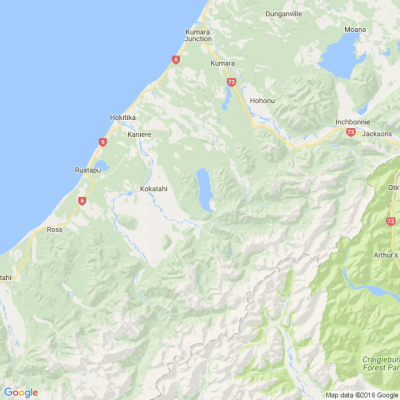
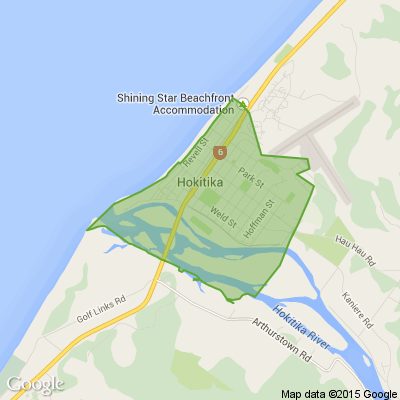




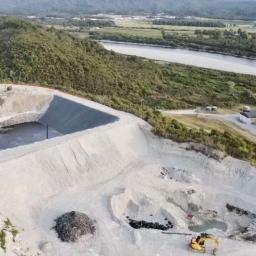
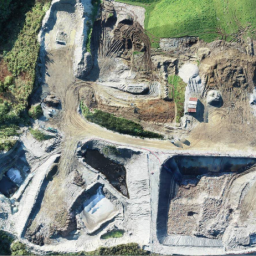
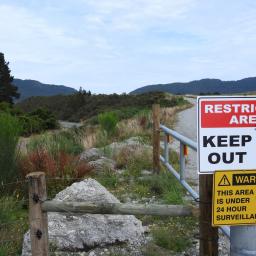
 Loading…
Loading…





